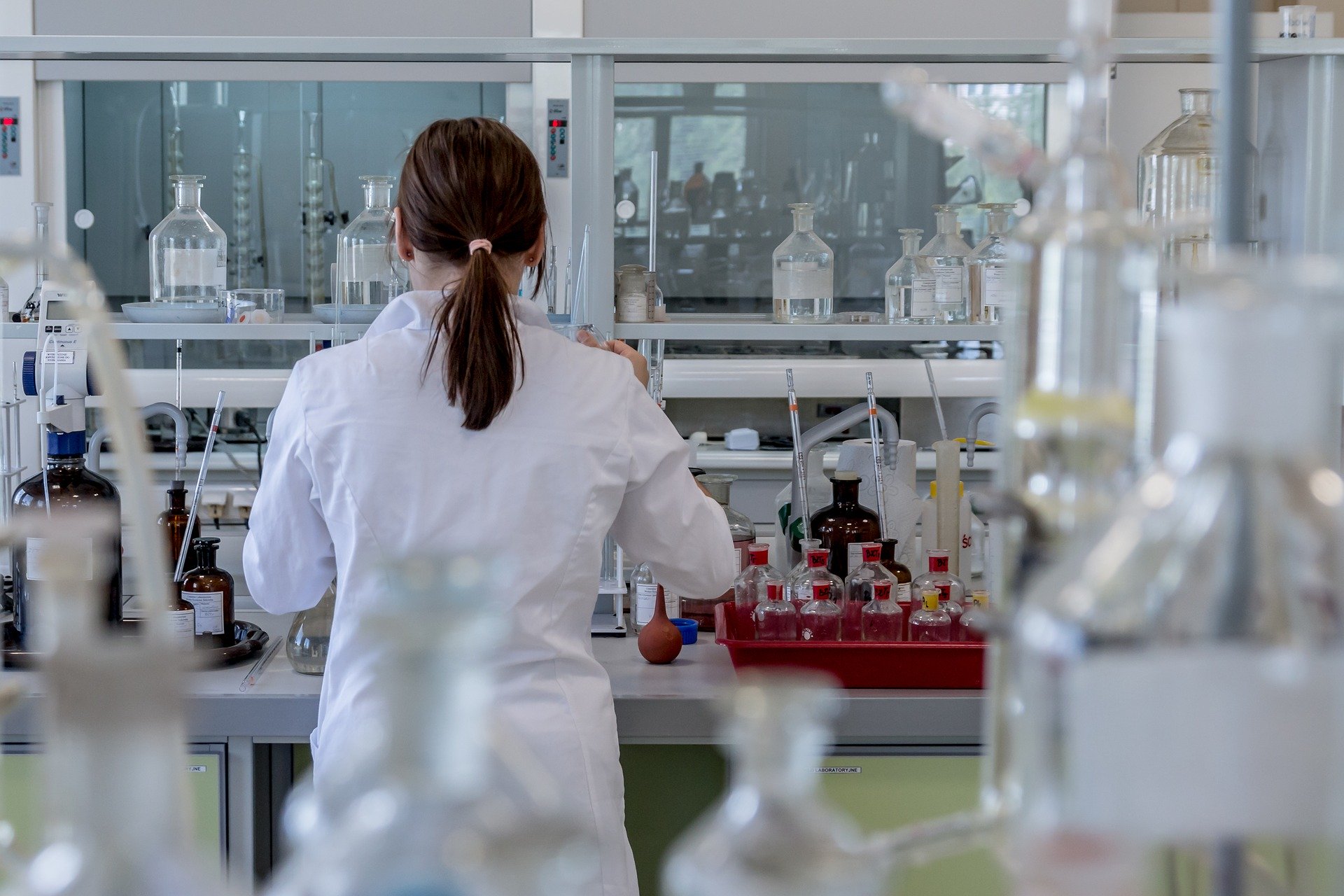Understanding your lab work
Hundreds of diagnostic laboratory tests are available to your doctor, with new tests added regularly. If you have questions about your lab tests, please feel free to give your physician a call.
When is the lab open?
Freeman West Lab
Our lab at Freeman West is open 24 hours a day, seven days a week. The lab offers clinical and pathology services. Medical technologists, on duty 24 hours a day, provide lab results for both diagnosis and continuation of care. The lab provides testing for all areas of the hospital including the emergency room, operating room, cardiovascular operating room, all patient rooms and outpatients.
Bentlage Building Ste. LL01
7:00 am to 5:00 pm, Monday – Thursday
7:00 am to 1:00 pm, Friday
Freeman Hospital East Lab hours
7:00 am to 5:00 pm, Monday – Friday Freeman Neosho Hospital hours
Freeman Neosho Hospital hours
7:00 am to 5:30 pm, Sunday – Saturday
Freeman Women’s Center hours
8:00 am to 4:30 pm, Monday – Friday
Who will draw my blood?
Laboratory phlebotomists or licensed nurses can draw blood specimens. Our phlebotomists and nurses always try to obtain a blood sample with the least discomfort possible.
Are there any special instructions I need to know before my test?
Many of the tests require you to fast – this means you should avoid consuming anything but water after midnight the day before your test.
When will my labs be drawn?
Your doctor may want your lab tests drawn and completed very early in the morning. Morning phlebotomy rounds for patients in the hospital begin as early as 3 am. This ensures your doctor has the results in time for morning rounds.
Explanation of terminology that may appear in your lab report:
- Complete blood count (CBC) – can show if you have an infection or anemia
- Prothrombin time (PT) – used to monitor coumadin “blood thinning” therapy
- Partial thromboplastin time (PTT) – used to monitor heparin therapy or used as a blood clotting screening test
- Sodium (NA) and potassium (K) – necessary in the regulation of body fluids, an adequate potassium level is necessary for your heart to function properly
- Glucose (GLUC) or blood sugar – used to diagnose diabetes, hypoglycemia or to help regulate blood sugar
- Amylase (AMYL) – increases in amylase and lipase are diagnostic of pancreatitis
- Blood urea nitrogen (BUN) – used to detect kidney dysfunction
- Basic metabolic panel (BM7) – a basic chemistry panel to monitor several different metabolic systems
- Comprehensive metabolic panel (CM12) – measures tests in the BM7 and adds several more metabolic and enzyme determinations
BM7 and CM12 provide valuable information to your physician without ordering multiple tests and subjecting you to multiple sticks.
